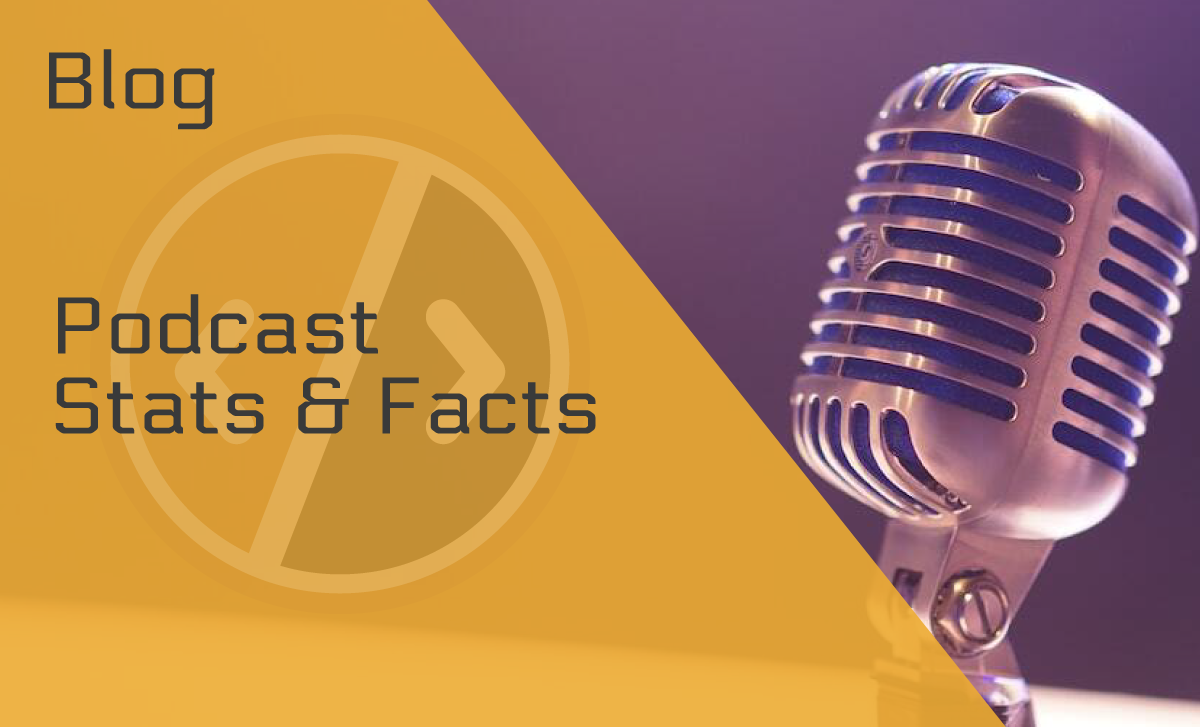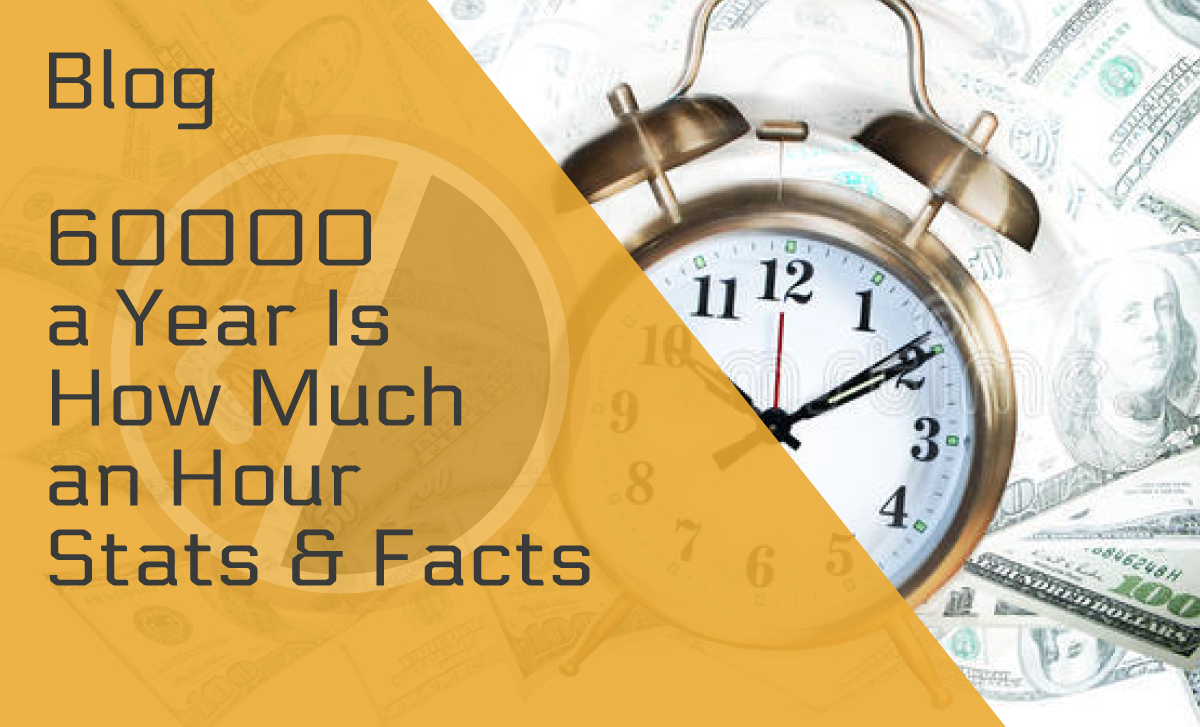US Judge Rules AI Computers Can’t Patent Their Inventions
Published: September 10, 2021
According to a US federal judge, the greater ramifications of whether an artificially intelligent machine should be permitted to patent its inventions are irrelevant.
In April last year, the US Patent and Trademark Office (USPTO) declared that only “natural persons” could be acknowledged as patent inventors. A United States court then agreed that it is what technically the law is saying.
Australia and South Africa took the opposite approach, awarding one patent and reinstating another patent application submitted by AI researcher Steven Thaler. His AI system DABUS has invented a new form of food container and a flashing light.
Steven is also the one who filed a lawsuit against the United States in this case. It is also worth mentioning that the researcher is a member of The Artificial Inventor Project, which advocates for the global recognition of AI.
There were several arguments in favor of the United States’ decision. One of them is the need for an inventor to be a “person” under the US Patent Act. Then there are past judicial rulings that have clarified that “individuals” have to be humans.
The court can only overrule a decision made by a US agency if it is capricious, arbitrary, or illegal. However, the USPTO has explained why it plans to maintain the status quo last April. Before making its decision, it also sought public input in 2019.
US District Judge Leonie Brinkema stated that artificial intelligence might achieve a certain level of sophistication one day. The judge also said that the abovementioned development could then allow AI to meet the established criteria of inventorship.
That being said, that is not the case now. If that time does come, Congress might consider broadening the reach of patent law.







